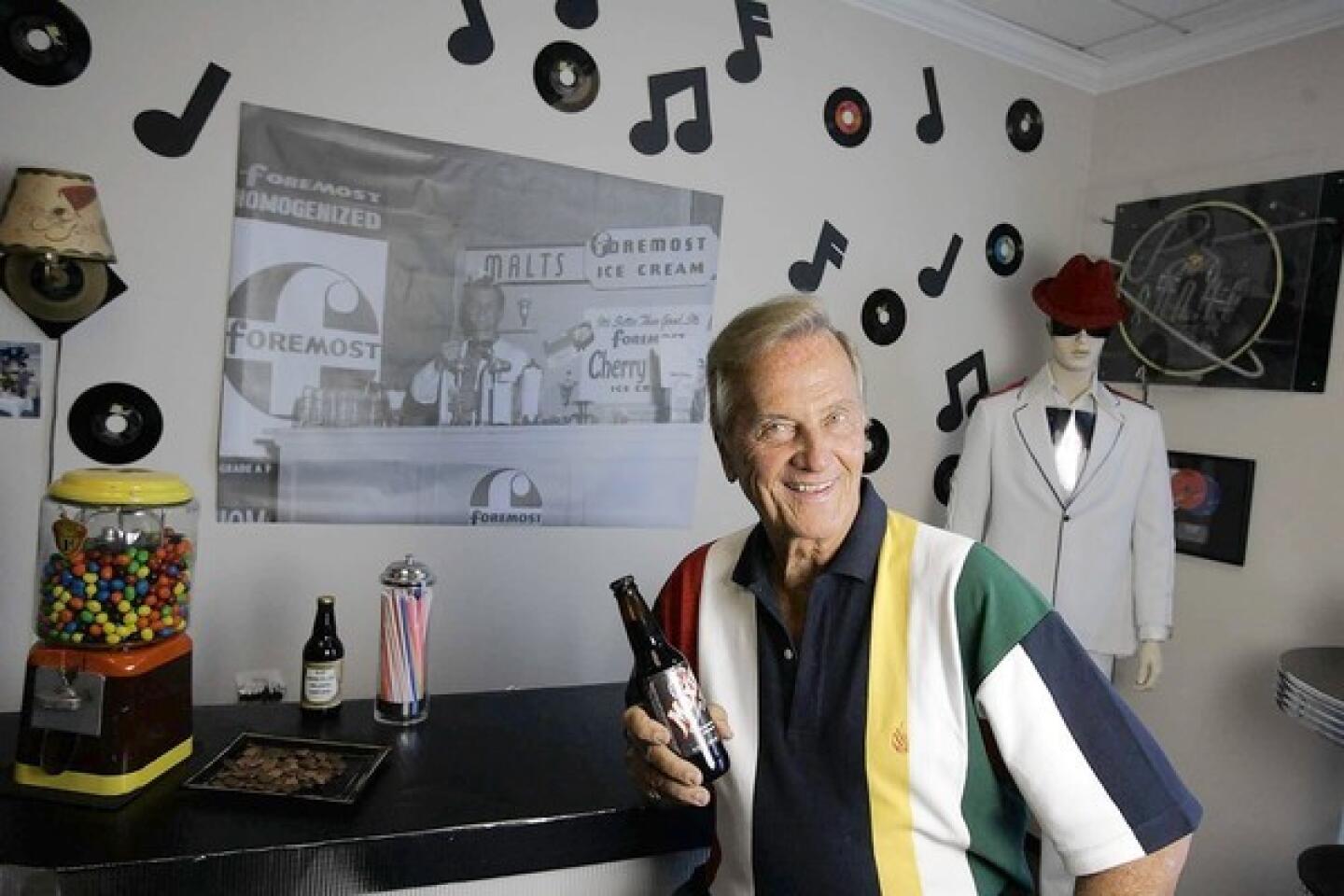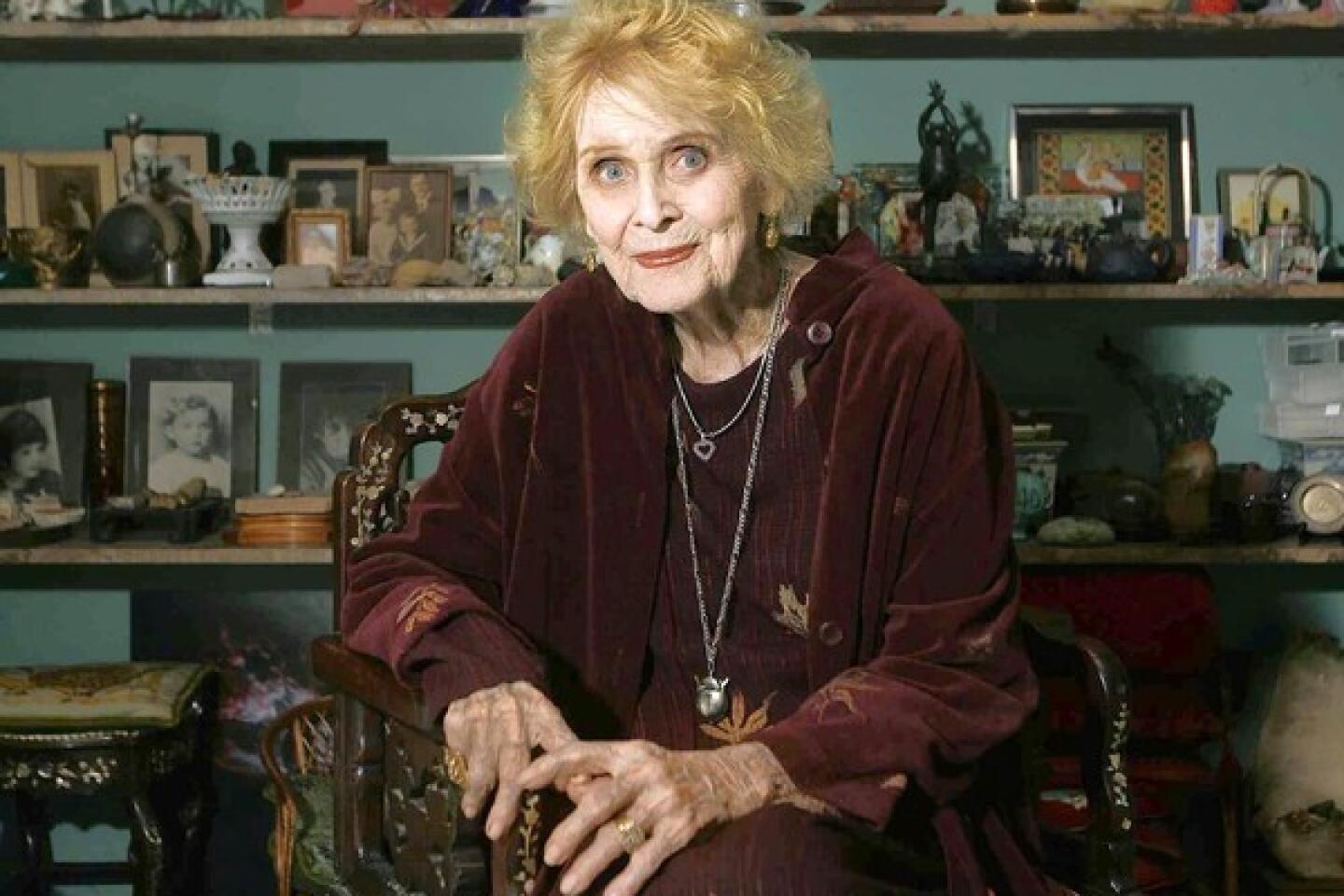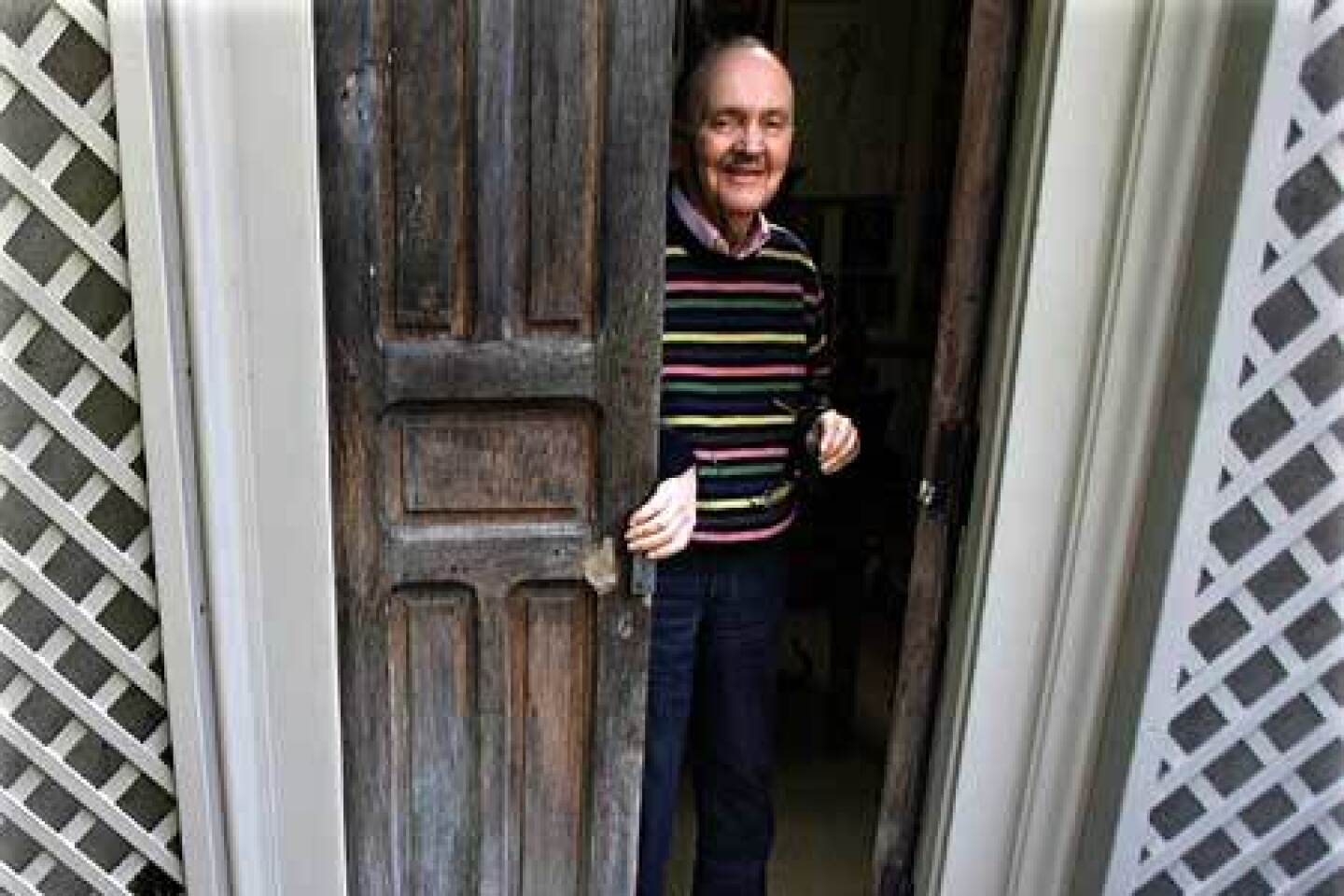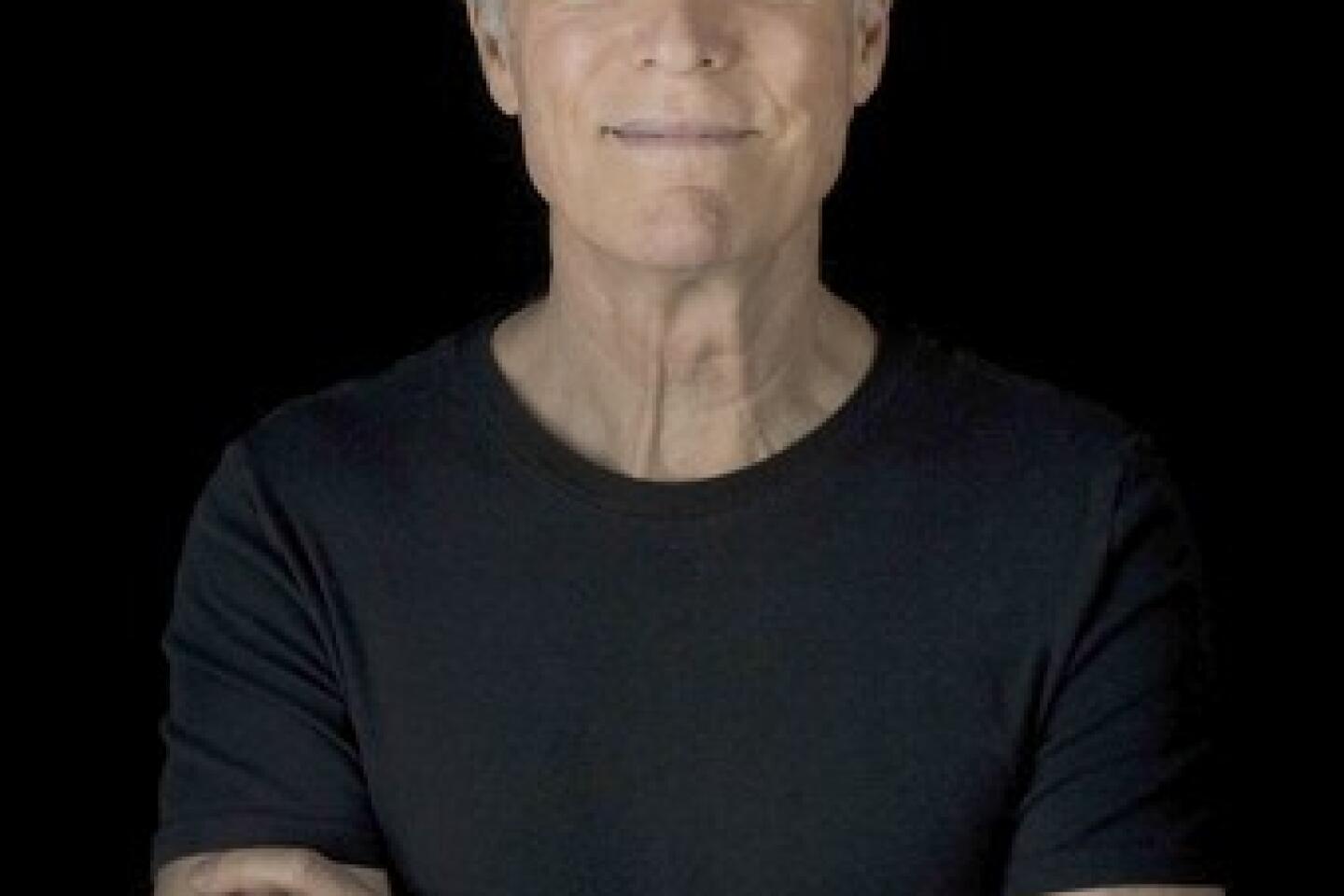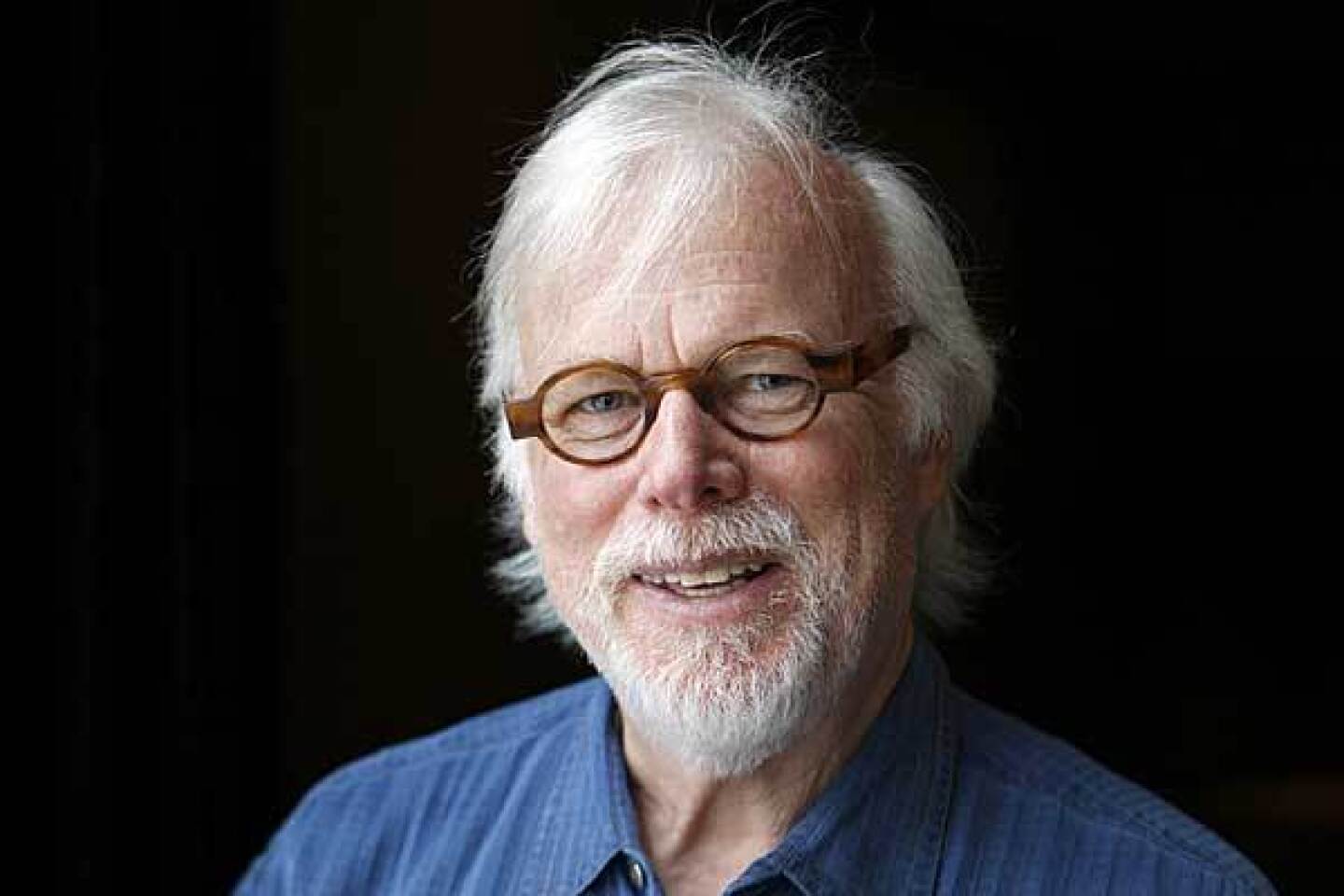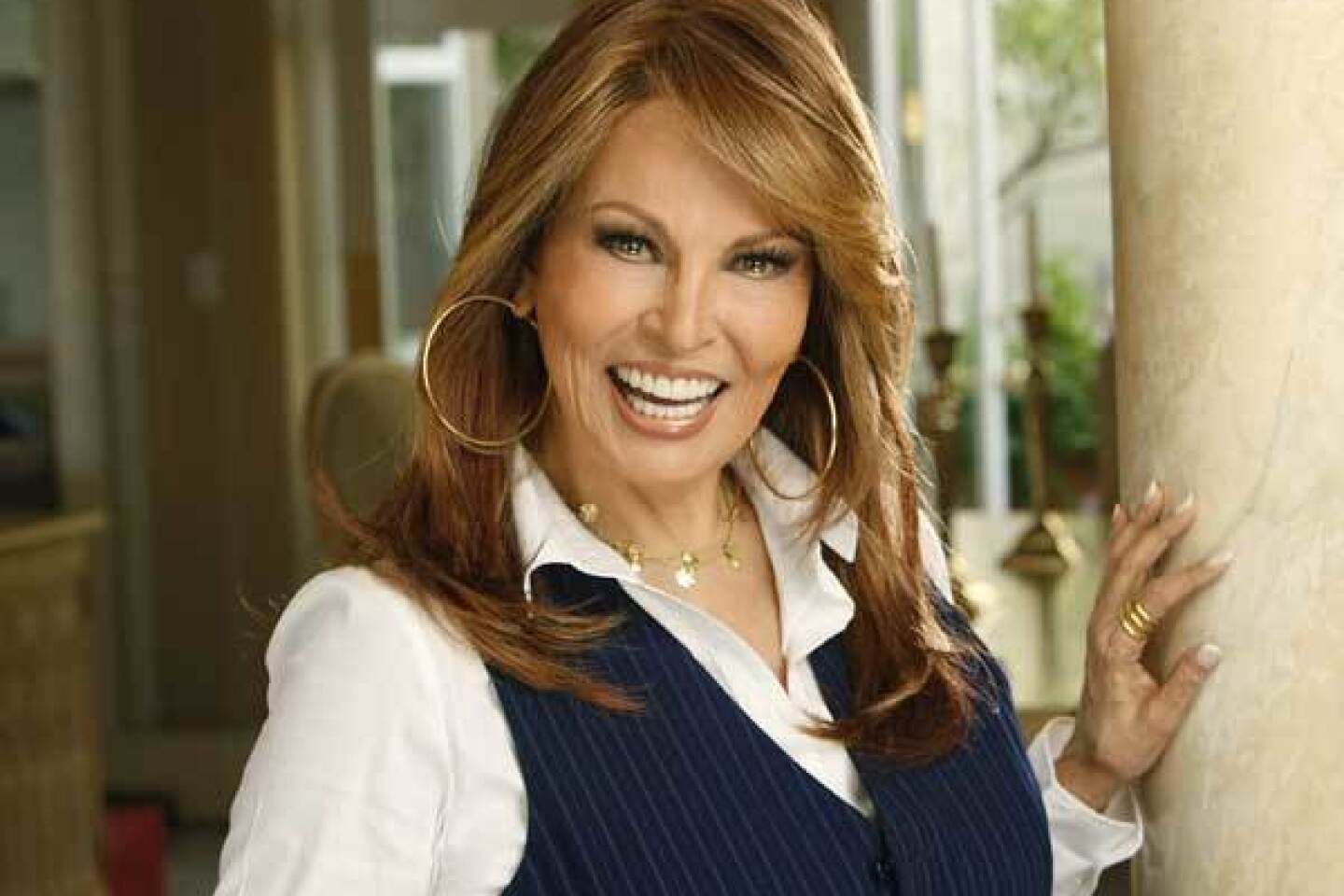Classic Hollywood: Piper Laurie
- Share via
Piper Laurie has been reflecting on her career of late, a career that has careened from B-movie “bimbo” roles to Oscar nominations — not to mention that bag full of condoms she once scored as a budding starlet.
Though she was painfully shy, Laurie knew at a young age that she wanted to act. At 15, she joined an acting class in Hollywood, lying about her age to get in. For the next three years, “I worked my butt off,” says Laurie, who recently participated in the Women in Film Legacy Series for UCLA’s Film and Television Archive and just completed her biography, “Learning to Live Out Loud,” which is set for publication next year. “I was going to New York.”
But New York was put on hold when somebody from Universal spotted her in class, and soon Laurie was auditioning for the studio, then known more for low-end movies than prestige pictures. “They decided to make a screen test, and I thought, ‘I am going to get to do some fine work,’ ” she recalls. “And I’m going to get paid for it too. I didn’t realize I was being signed in a place where they made program pictures. I didn’t understand that,” says the gracious 78-year-old, relaxing in her comfortable Hollywood Hills home decorated with her own abstract sculptures.
And then came the condoms.
Before tossing her into the movies, Universal first needed to groom their new ingénue, playing her up as a glamour girl and budding sex symbol. “They were breaking me in, getting me used to people staring at me,” says Laurie, who was born Rosetta Jacobs. “We went down to Long Beach for a medical convention, and I was introduced onstage as Universal’s new young star.” Afterward, the publicist attending to her that day handed her a bag and told her to help herself to all the freebies being offered. “They had all of these medical products. I walked around and there was nothing that really appealed to me. Until I saw these little packages, which I thought maybe had bubble gum in them. So I just filled my bag with them. They were actually condoms. The publicity guy saw it with a mixture of hilarity and terror — he confiscated them.”
It didn’t take long for Laurie to realize that Universal wasn’t going to offer her the kind of career that she imagined. In fact, it was pretty clear when she was cast in her first film, 1950’s “Louisa” with Ronald Reagan. “The first part was a caricature of a teenager,” she says with a sigh.
And then it went from bad to worse with the likes of “Francis Goes to the Races,” “Son of Ali Baba” with Tony Curtis and “Ain’t Misbehavin’ ” with Rory Calhoun.
She tried for several years to get out of her contract, to no avail. Finally, at 23, she said enough is enough. “I was trained to be a nice person,” she says. “I wouldn’t confront people; I didn’t know how to. I expressed myself through the work.”
Laurie had just moved out of her parents’ home and had broken off an engagement with a man she realized she didn’t want to marry. “I was rebelling against everything I knew,” she says. “My agent sent me a script, and it was a western and the part was stupid and I said, ‘I can’t do it.’ I walked to the fireplace and dropped it in. I called my agent at home and said, ‘They can’t jail me. I don’t care what they do. I am not going to do this.’ It took about a week, and they finally made a deal. I got out of my contract.”
But it took awhile for the film industry that later saw her play Paul Newman’s drunken girlfriend in 1961’s “The Hustler” and the religious harpy of a mother in 1976’s “Carrie” — both of which earned her Oscar nominations, as did 1986’s “Children of a Lesser God” — to give her any respect.
“No one would give me work,” she says. “They thought I was a bimbo.”
So she finally made that move to New York, where she was embraced by the relatively new medium of television, finding work in live TV drama after live TV drama, culminating with the role of the alcoholic young wife in the 1958 “Playhouse 90” version of “Days of Wine and Roses.” Three years later, she landed “The Hustler” but didn’t act in another movie for 15 years.
She married journalist Joe Morgenstern and, feeling ambivalent about her career, became a fulltime housewife and mother to her now grown daughter. (She and Morgenstern eventually were divorced.) She campaigned for George McGovern’s presidency and pursued her work as a sculptor. When director Brian De Palma called her about playing the mother in “Carrie,” Laurie was ready to return and she hasn’t looked back since.
She notes that she was a different person when she returned to Hollywood in her 40s. “I didn’t feel the life-or-death pressure I had put on myself” in the earlier years, Laurie says. “That’s not bad for a young actress to have, but being a mother and having some perspective about the world changes you and your values.”
More to Read
The biggest entertainment stories
Get our big stories about Hollywood, film, television, music, arts, culture and more right in your inbox as soon as they publish.
You may occasionally receive promotional content from the Los Angeles Times.
